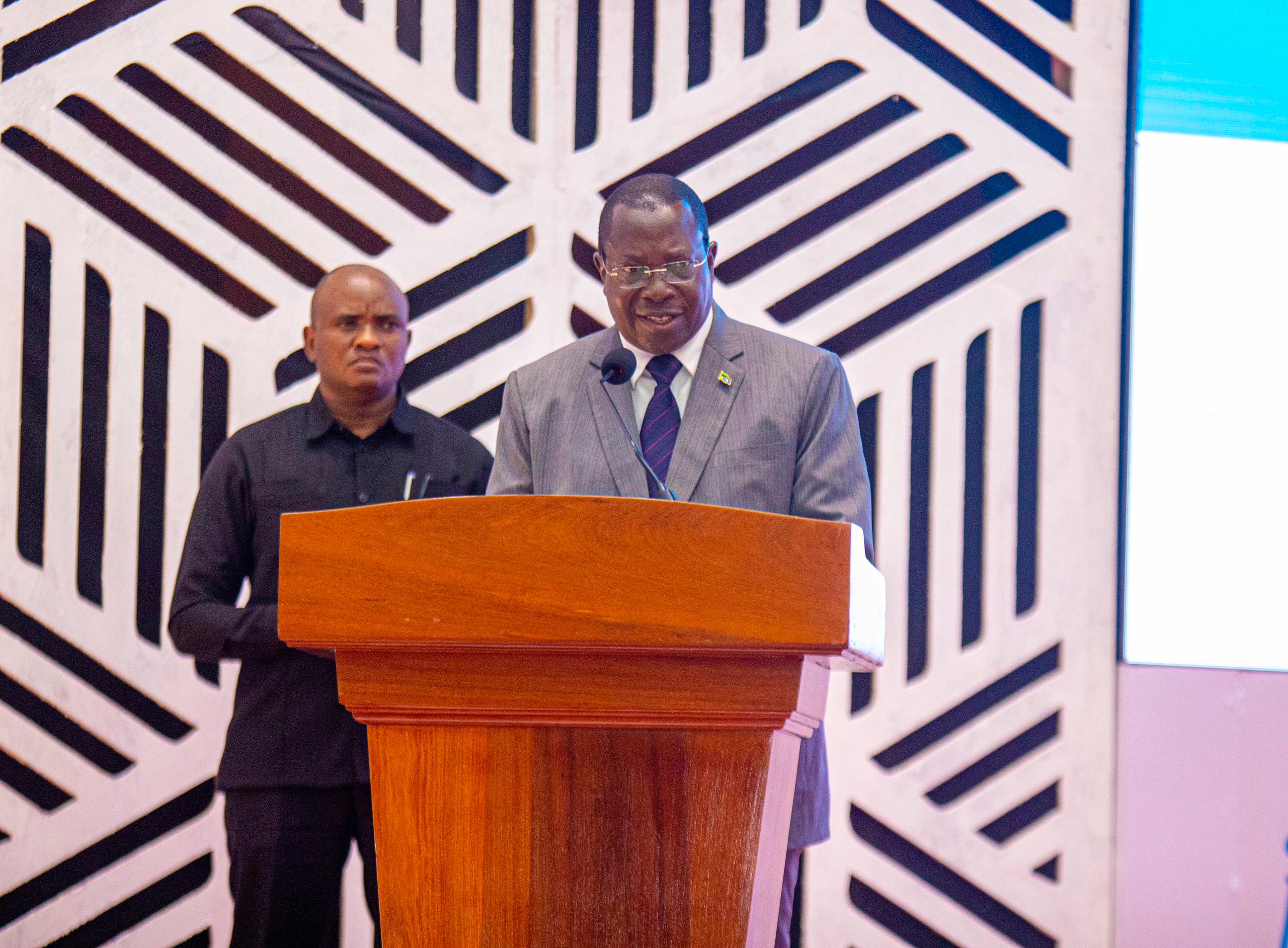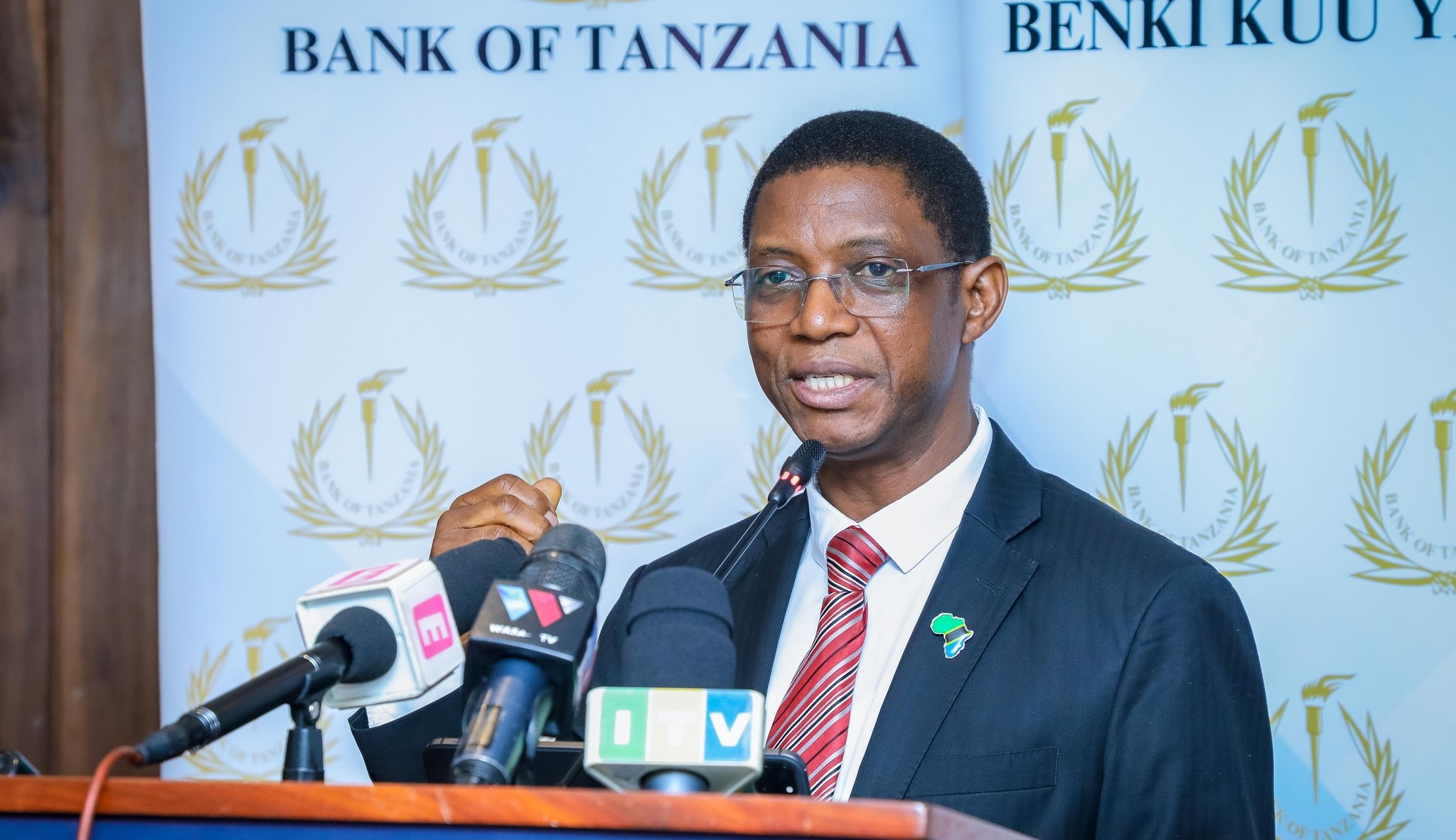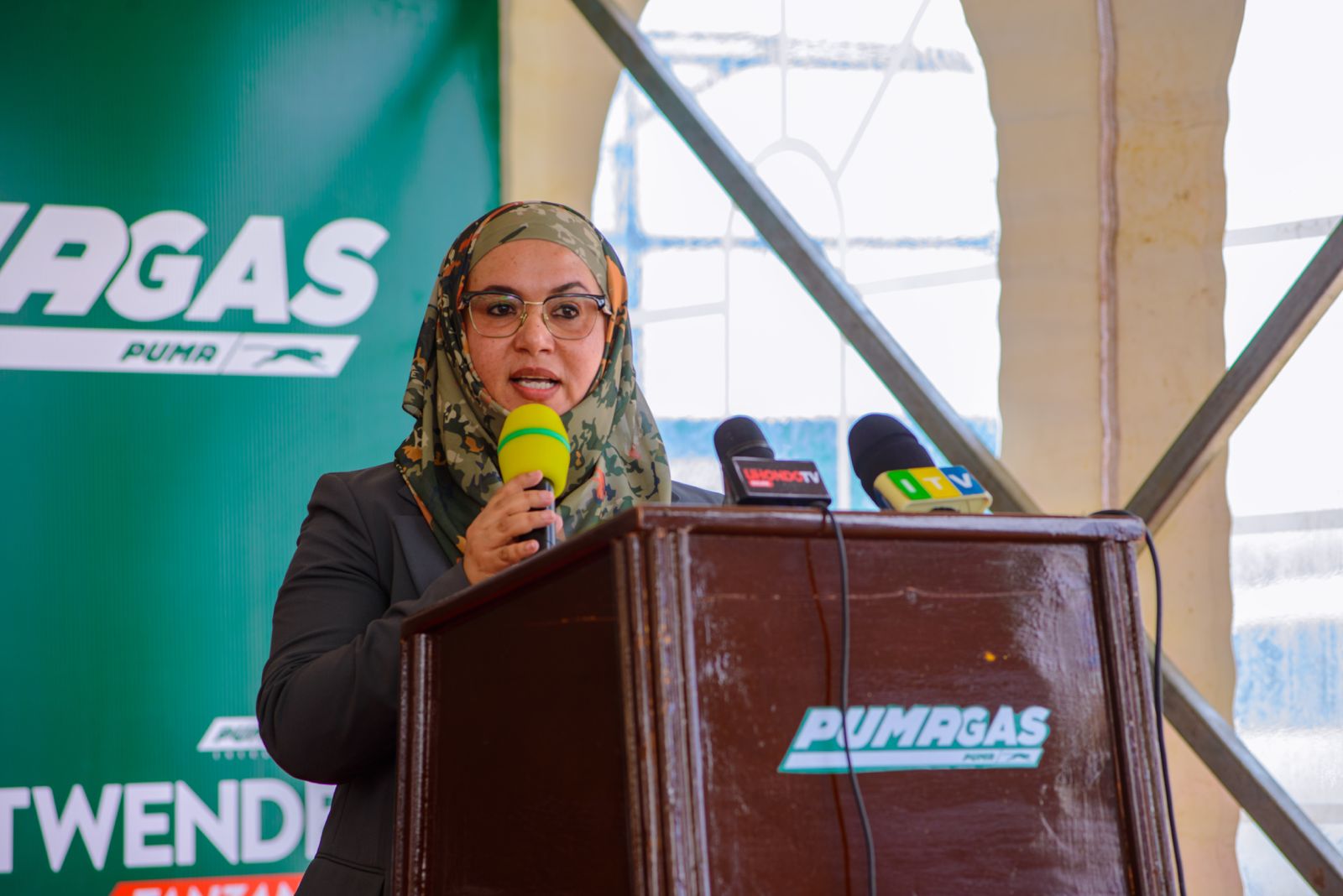Dar es Salaam. Tanzania has reaffirmed its commitment to strategic investments in agriculture, nutrition, and health sectors, describing food and nutrition security as a cornerstone of national development, not only in terms of increasing yields but in ensuring the population is nourished and healthy over the long term.
Speaking on Monday, June 23, 2025, at the official opening of the 10th Agriculture, Nutrition and Health (ANH) Research Conference, Deputy Prime Minister and Minister for Energy, Dr Doto Biteko, said Tanzania views agriculture as a critical pillar of the economy, employing over 65 percent of the population and contributing nearly 29 percent of the Gross Domestic Product (GDP).
“We have continued to invest strategically in this sector. For the current financial year, the agriculture ministry’s budget has increased by approximately 29 percent. Through government subsidy programmes and other support schemes, we have reached millions of smallholder farmers with improved seeds and fertiliser access,” Dr Biteko said.
He added that initiatives such as the Building a Better Tomorrow (BBT) programme are empowering young people to engage in modern agriculture, improving extension services and enhancing irrigation infrastructure, thereby making agriculture more productive, nutrition-sensitive, and sustainable.
Dr Biteko stressed that nutrition remains a vital component of both human and economic development agendas.
Despite notable progress, he said, challenges persist, citing a World Health Organisation (WHO) report indicating that around 30 percent of African children under five years of age suffer from stunting, while obesity is on the rise.
Furthermore, many women of reproductive age and children continue to lack essential micronutrients.
To address these challenges, the government has strengthened multisectoral coordination through the National Multisectoral Nutrition Action Plan (NMNAP), now in its second phase, aimed at addressing all forms of malnutrition across population groups.
Tanzania is also promoting the production and consumption of nutrient-rich crops, particularly in rural and arid regions, as part of broader reforms to the country’s food systems.
In the health sector, Dr Biteko said Tanzania continues to make significant investments in infrastructure and service delivery.
Since 2021, the number of health facilities has grown by seven percent, and more than 137,000 community health workers have been recruited, alongside the expansion of digital health strategies.
“We are addressing both communicable and non-communicable diseases, as well as maternal and child health challenges, through targeted campaigns, improved early detection and prevention mechanisms, and collaboration with stakeholders and health workers,” he explained.
Dr Biteko reiterated that Tanzania will continue collaborating with international partners in agriculture, health, and nutrition, drawing from global expertise while contributing to regional and continental dialogues on sustainable food systems.
“Tanzania is committed to participating in continental and international food systems discussions, contributing to the African Union’s Agenda 63, the Comprehensive Africa Agriculture Development Programme (CAADP), and the UN,” he said.
The British High Commissioner to Tanzania, Ms Marianne Young, said the United Kingdom remains a committed partner, citing support for 6.7 million pregnant women with nutrition supplements, initiatives to shift social norms on hygiene, and improvements in clean water access for 5.5 million people in rural areas.
Meanwhile, the Director of the ANH Academy, Mr Joe Yates, said the conference—held annually in Africa or Asia—brings together researchers, scientists, policymakers, and practitioners to share insights, collaborate, and inform evidence-based policy decisions in agriculture, nutrition, and health.
The 2025 edition of the ANH conference is being held in Tanzania in collaboration with the Sokoine University of Agriculture (SUA).
“Our goal is to foster dialogue and innovation across disciplines to transform food systems for improved health and well-being,” Mr Yates said.
The week-long conference is expected to generate policy ideas, build cross-sectoral partnerships, and chart a new course for resilient and inclusive agricultural systems across the Global South.







